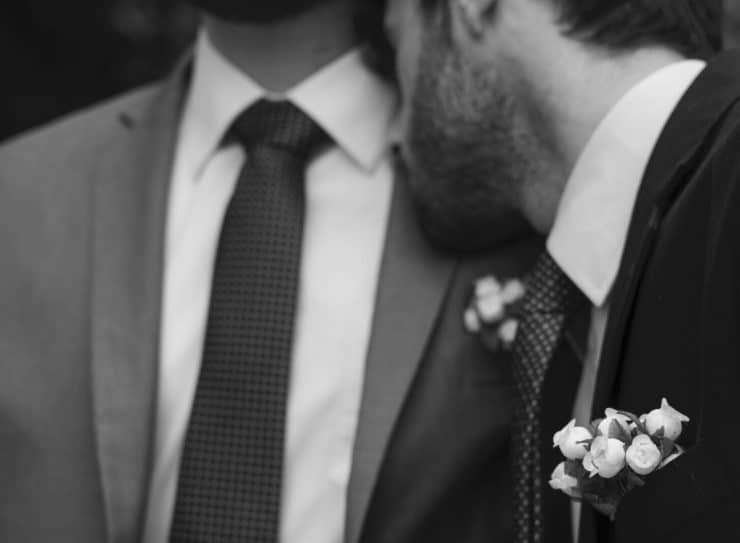Another issue that European countries are confronted with is the alleged duty to respect religions and associated “feelings”, even when those are openly homophobic. The so-called “Mila scandal” that erupted in France in January 2020 proved once again that the individual right to free speech is still under attack from zealous religious fanatics and often misinterpreted even by the custodians of the rule of law. When 16-year-old Mila sharply criticized Islam on Instagram (responding to homophobic and misogynist insults coming from a Muslim individual), she received thousands of homophobic, misogynist and above all life-threatening messages that forced her to drop out of school and live in secrecy under police protection. While condemning the threats, Abdallah Zekri, chief spokesman of the Conseil français du culte musulman (CFCM) – namely, the official interlocutor of the French government representing Islam – also argued that Mila had “brought it upon herself”. Echoing the CFCM, the French Minister of Justice, Nicole Belloubet stated that “insulting a religion is clearly a violation of freedom of conscience, it’s serious”. Even feminist and LGBTI organizations did not exactly rush in to stand in solidarity with her – with the notable exception of LGBTI Liberals of Europe.[6]
